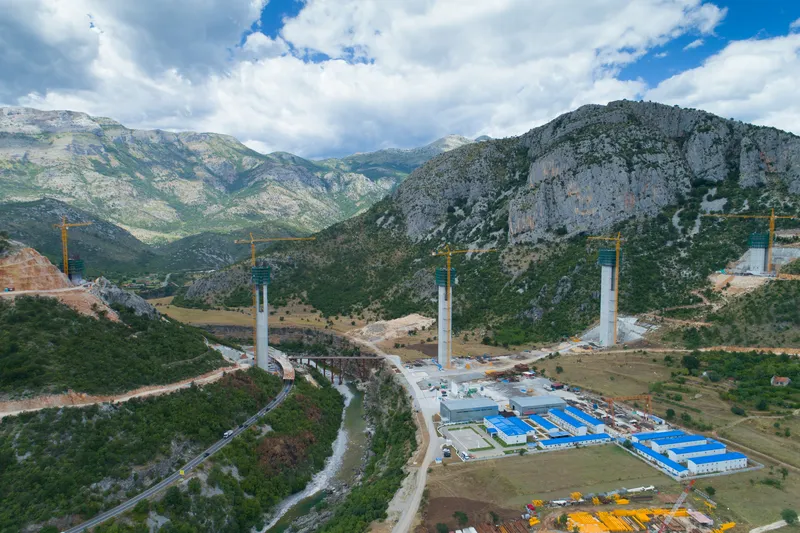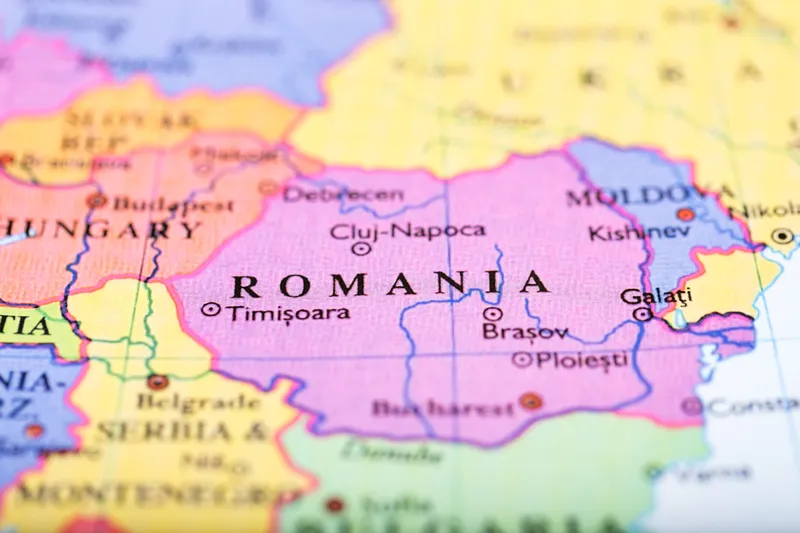
Pleas for financial assistance by Montenegro have been rebuffed by the European Union which had repeatedly cautioned against a US$1 billion (€840 million) Chinese road contract.
The former Yugoslav republic has been aiming for EU accession for several years and was hoping a bailout from the deal for the yet-to-be-finished A-1 motorway would be forthcoming, according to media reports. Media reports also note that Montenegro’s debt to the Chinese - one-quarter of the country's overall debt - has highlighted concerns over Chinese influence in Europe's western Balkans region.
EU foreign policy spokesperson Peter Stano is quoted as saying that the European Union will “continue to stand by them [Montenegro], but we are not repaying the loans they are taking from third parties”.
To repay the loan, there has been concern by financial analysts and western politicians that China, by way of its state-run lender Export-Import Bank of China, will seek to control a country’s strategic natural resources as payment for defaulting on contracts.
Montenegro’s A-1 motorway, also called the Bar-to-Boljare Motorway, will run 165km through mountainous terrain from Bar on the Adriatic coast eastward to the Serbian border. The A-1 is part of the plan to run a motorway from Bar, through the Montenegrin capital Podgorica and on into Serbia to the Serbian capital Belgrade.
The so-called Belgrade–Bar motorway is considered an economic lifeline for Montenegro, a mountainous country that desperately needs good transportation infrastructure to help its economy. Serbia struck a deal with China Communications Construction Company – CCCC - worth €450 million in 2017 for construction of the Preljina-Pozega section of its route, called the A-2 and which runs nearly 260km.
The Chinese loan to Montenegro is reportedly for around 85 percent of the cost to build the A-1 for which construction started in mid-2015 and that has yet to be completed.
Montengro’s troubles began as far back as mid-2018. A Reuters news report from then said the first 41km through mountains north of the capital Podgorica was raising concern over rising costs. The government raised taxes and froze some public sector wages in an effort to stump up cash.
Milojko Spajic, Montenegro’s finance minister, said in a recent interview with the Financial Times newspaper in London that that first 41km section cost €20 million per kilometre, making it one of the most expensive highways per kilometre in the world. Spajic said Montenegro would seek financial help from several western financial institutions, including the European Investment Bank and the European Bank for Reconstruction and Development - EBRD.







